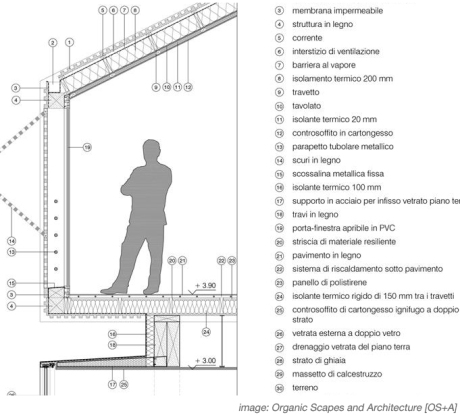Game Design Case Studies is a series of talks I am proposing for the 2015 Game Developers Conference. They are advanced lectures from working game designers that focus tightly on a particular aspect of one game.
I am not giving these talks myself – I am looking for proposals from other game designers. That means you! Read below for more information and instructions on submitting a proposal. I hope you will consider applying.
Deadline for proposals: August 22, 2014
What is a Game Design Case Study?
A Game Design Case Study is a 20-30 minute talk. The premise of a Game Design Case Study is: one designer, one game, one system. Each talk dissects a single system in one game that the speaker designed.
Game Design Case Studies go narrow and deep: they highlight one aspect of a game, but describe it in an extreme level of detail. Why is this useful? As game designers, we play each others’ games, but rarely get to see the nuts and bolts of how they were actually put together.
A talk might focus on the use of a custom tool for scripting AI behaviors; methods for designing, tracking, and balancing a complex in-game economy; the process of tuning a real-time control scheme; or iterations on the design of a complex interface. The emphasis will be on how the system works, what challenges the designer faced in implementing it, and how those challenges were overcome.
Game Design Case Studies are not about concepting and ideation, cultural influences, the creative process, design tips and tricks, or abstract theorizing. (There are other great opportunities for all of that at GDC!) Game Design Case Studies are about looking in a detailed way under the hood of a designed system and simply sharing with other designers how it works – something hard to find in game design today.
How to apply
DEADLINE: August 22, 2014
To submit a proposal for a Game Design Case Study, send an email to me (e at ericzimmerman dot com) with the subject line GAME DESIGN CASE STUDY. Please include the following:
- brief bio on who you are (a few sentences is fine)
- the game you would like to speak about (must be published before March 2015)
- 1-paragraph description of the system in the game that will be your focus
- 1-paragraph description of the details you will highlight in your talk
- a sentence or two about why you think this is an interesting system to share
Please keep in mind:
- Only propose a game which you yourself designed (or co-designed)
- Digital games are generally preferred, and games created in the last few years are also preferred (but there are no hard and fast rules about this)
- Single speakers only (no team presentations)
- Game Design Case Studies are advanced talks intended for experienced developers (no need to highlight advice for new designers or 101-style ideas)
- Make sure you are focusing on what I have outlined as a Game Design Case Study – for example, don’t make your proposal about presenting a new theoretical framework for understanding design. Just focus on describing a system from your game in a high level of detail.
Finally, remember that I am only proposing this to GDC! This is not a done deal. I will take the best submissions I get and include them in my own proposal to the Game Developers Conference. Hopefully GDC will accept my proposal to have Game Design Case Studies at GDC 2015.
If the Game Developers Conference goes forward with this, then they will likely want to have input in which talks are given. I will let applicants know about the status of your talk as soon as I know. Presumably, if you give a talk at GDC you’ll get all of the standard benefits of being at speaker, such as free admissions to the show.
If you want to propose other talks to GDC, please do so through the standard GDC application process which you can find here. It’s totally fine for you to propose a Game Design Case Study and also propose something else directly to GDC.
If you have any questions, please post them in the comments below.
Thanks again! Looking forward to getting some great proposals.
